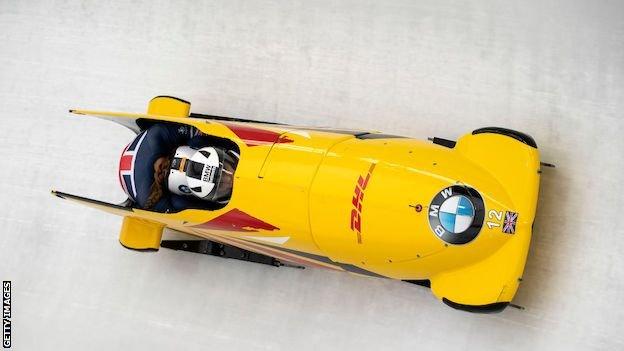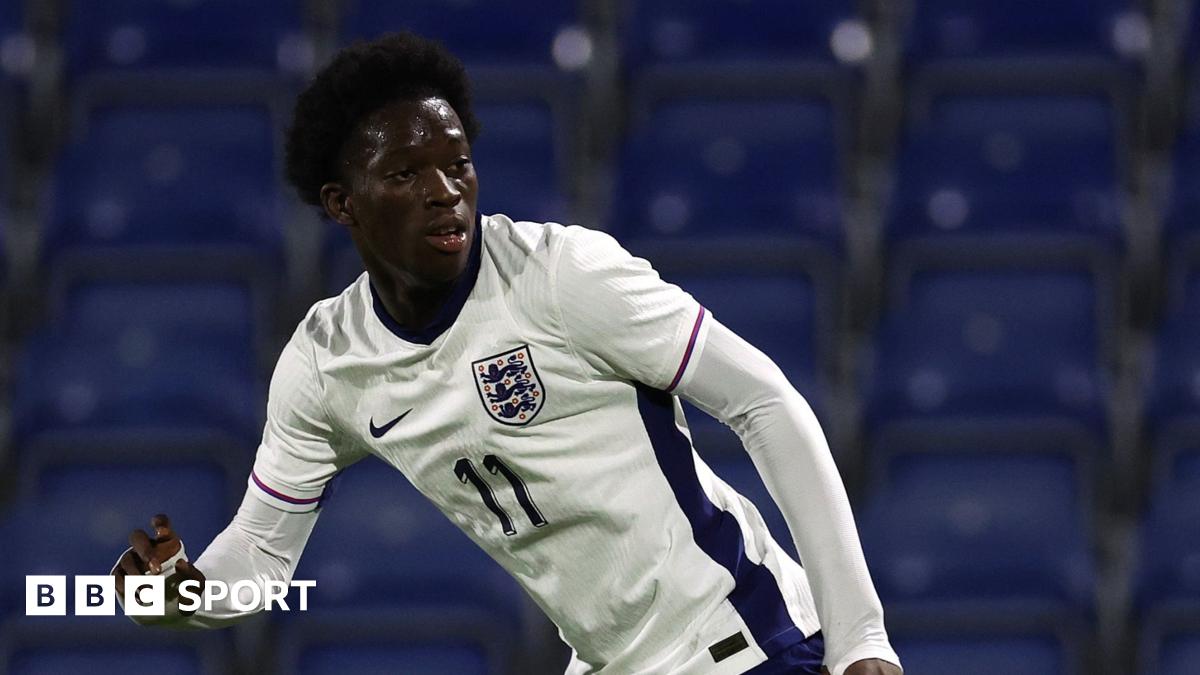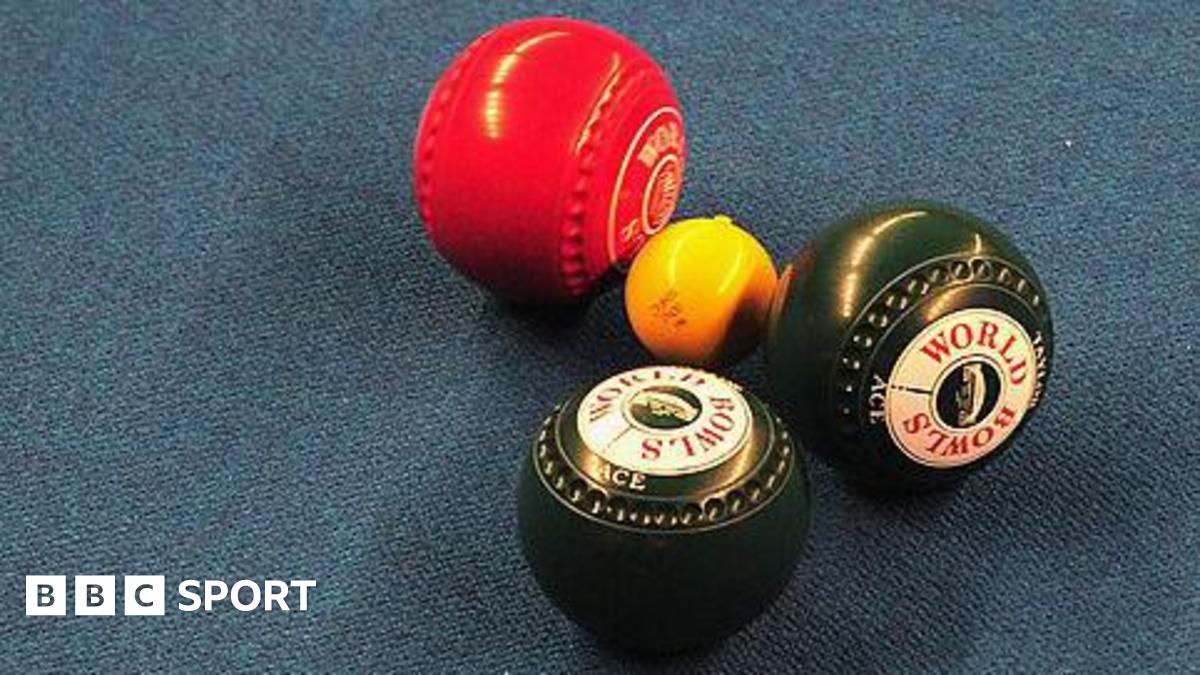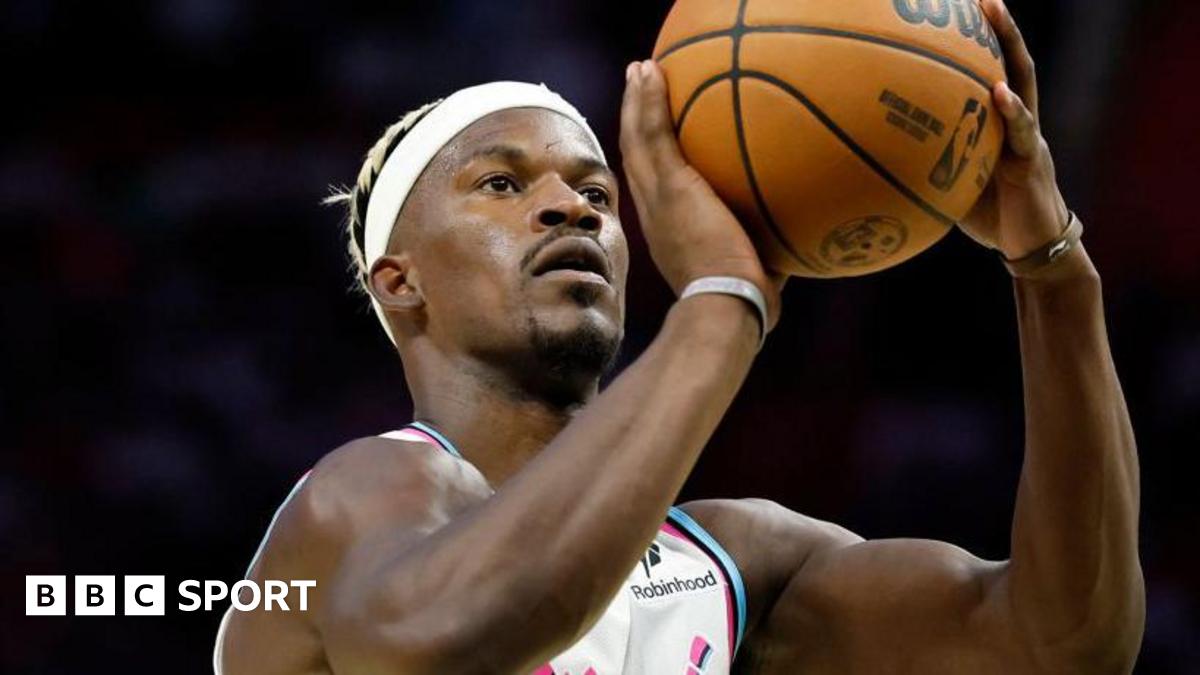ARTICLE AD BOX

Montell Douglas is a bobsleigh brakewoman on the British team, vying to compete at the 2022 Winter Olympics in Beijing. She is also a former British sprinter, competing in the 100m and relay at the 2008 summer Olympics, also in Beijing. This is her first BBC Sport column.
This month is Black History Month, but unlike athletics in my current field of winter sports there is a distinct lack of black people and people of colour.
There are many reasons for that, including access and economics.
I didn't see a mountain until I was nearly 30. For me, when I was at school, it was my perception that people who went skiing were loaded. I would be like 'how can you go skiing, I can only go to Devon'. It was on the flip side of everything I knew and was accustomed to.
My family are Jamaican - we have beaches, sun and it's hot. Our bodies aren't naturally accustomed to the level of cold in the mountains, even if we've been born and bred on British soil. Whenever I mention I went to Pyeongchang to a black person, they will always ask me how I coped with the cold.
But there are quite a few black athletes in bobsleigh, and that's because it's quite an easy transition from athletics. A lot of my team-mates were friends from athletics, and a lot of the team come from black heritage, so for me, it wasn't like I was going into a white-dominated team. It was a mix of people, which was great.
I was introduced to bobsleigh through the sprints coach, and at the time they were trying to recruit new members and get faster girls. Speed is hugely important for bobsleigh, and I broke the testing record when I tried out.
But I'm a real south-east London girl. I remember going on a training camp in the mountains. It was freezing, and I was in the middle of a ski village. I went for a walk with Joel Fearon - another former sprinter - and I said 'dude, why are we here?'
You don't see many black people in winter sports for this very reason. It's just not something you are exposed to.
'We can't bury our heads in the snow about racism'
We do long drives between countries and we once got stopped by police three times on one journey, only because I was driving. When a white team-mate drives, aside from the designated border control, we never get stopped.
You don't see many women driving big vans like we use, and the fact that I'm a black woman driving it, it's not a normal sight to see for them. They ask to see our passports, and when I open the back of the van and they see the bobsleigh, they're like 'oh don't worry'. It's not even subtle racism, because it happens so frequently.
Within the bobsleigh world, I have experienced microaggressions, like in any industry.
So how do we encourage more black people and people of colour into winter sports? By not burying our heads in the snow, and addressing where racism lies within the landscape and facing it head on.
That way we can look at how it can be improved to provide a safer space for those who may consider being a part of it, by minimising the hierarchical power of those that may not otherwise be accountable for their actions.
Racism is experienced by many different people, in many different walks of life, in many different ways. Winter sports are not an exception.
 Montell Douglas and Mica McNeill competing on the World Cup circuit
Montell Douglas and Mica McNeill competing on the World Cup circuit'Being a reserve in Pyeongchang is fuel for Beijing'
The Winter Olympics in Beijing are now just 100 days away. I can't believe how quickly it's come around.
I am very much treating this as my last Olympics, but you never know. I'm extremely indecisive as a human being. But there are general life things I want to do - I don't just always want to be considered as 'the athlete'.
Four years ago in Pyeongchang, at my first Winter Olympics, I was a reserve athlete. I got to go to a Winter Olympic Games, and there are very few people who get to experience that, but it was bittersweet because I really wanted to compete.
I had hamstring surgery before the season but I was arguably in the best shape of my life leading into that Games. I basically ran out of time. Had I had two weeks more, it might have been a different story. But that is sport. you have to be ready on an exact day, at an exact time.
It was tough being on top of the mountain with the other 'spares' as we were called. It's the worst word in the world. You do feel like a spare part. But I pride myself on my integrity and I tried my best to support everybody.
But it has added to my motivation to be selected in that sled in Beijing - it's definite fuel. It could have gone the other way, though, because it is mentally tough, especially coming from a blue riband Olympic sport, the 100m, to being called a spare. But in order to achieve your goals, you take it on the chin and move forward.
I'm feeling completely calm about the Covid-19 restrictions that will be in place in Beijing. We had a very steep learning curve last year.
We learnt a lot and we took a lot of hits - we missed a couple of races, affecting our ranking, we had bubbles getting penetrated left, right and centre, but we learned and adapted quickly and that will hold us in good stead going forward.
Going into the Games, I'm not apprehensive at all because we will just get on with it. The more adaptable you can be, the more successful you can be.
Montell Douglas was speaking to BBC Sport's Katie Falkingham.

- The 100 Billion Bottle Problem: Is Coca-Cola's pledge to tackle plastic waste on track?
- Frankie Boyle's New World Order: The comedian's bold and outrageous way to make sense of the world we live in


 3 years ago
125
3 years ago
125








 English (US) ·
English (US) ·